This activity is great as a follow-on from our hand washing exercise and a brilliant visual way to introduce the concept of microorganisms.
The idea is to observe what grows on potatoes over a period of time. We boiled the potatoes in water for 10 minutes first to destroy any microorganisms already present on the surface and then touched one of them with dirty hands, leaving the other untouched.
We hypothesised that microorganisms from our hands would have been transferred to the potato when we touched it, and so the potato that had been touched would grow more bacteria than the clean potato.
We also added a potato left in the air and one in vinegar to see what would happen.
Potato Investigation
You'll need
- Two small potatoes sliced in half
- Boiling water - ask an adult to help
- Vinegar
- Four containers with lids
Instructions
- Boil the potatoes for 10 minutes. This is to destroy any microorganisms already present on the skin.
- Carefully remove one potato with a spoon and place it in a jar. Cover the jar and label it. This is the clean potato. Seal the jar.
- Remove another potato, but don't cover this one. Leave this one exposed to the air.
- Remove a third potato and place it in a jar containing vinegar, and seal the jar.
- Finally, remove the last potato, let it cool enough to hold and then roll it around your hands before placing it in a sealed jar.

Leave the jars on a windowsill for a few days and observe any changes.
Once you've finished making observations, dispose of the potatoes carefully. Ask an adult to help.
Results
Potato exposed to the air
The potato exposed to the air shrivelled up a little bit, and there was some evidence of microorganism growth.

Clean potato
The clean potato ended up quite slimy, with some possible micro-organism growth.

Potato exposed to dirty hands
The dirty potato didn't seem to have more evidence of micro-organism growth than the clean potato.
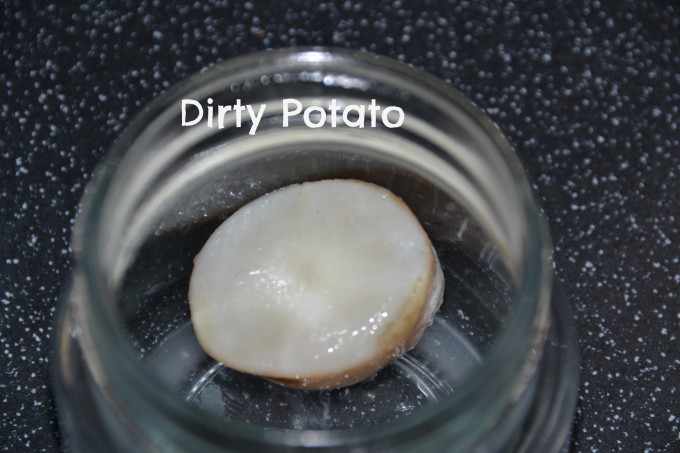
Potato in vinegar
The potato kept in vinegar looked mostly unchanged.

What happened?
You can see that the vinegar has definitely preserved the potato. This is because vinegar is an acid, and microorganisms, find it hard to grow in such a hostile environment. That is why we pickle things to make them last longer.
I was hoping to see more growth on the dirty potato, but with science, things don't always work out as you expect. It's possible that my jar wasn't airtight, or our hands were actually very clean!
More science ideas for learning about microorganisms
Find out how to stop apples from rotting by preventing the growth of bacteria and other microorganisms.
Learn about the wonders of snot by making a snot trap!
Find out how bacteria are different to viruses.
Finally, if you have a spare potato, try making a potato battery!
Last Updated on October 9, 2025 by Emma Vanstone
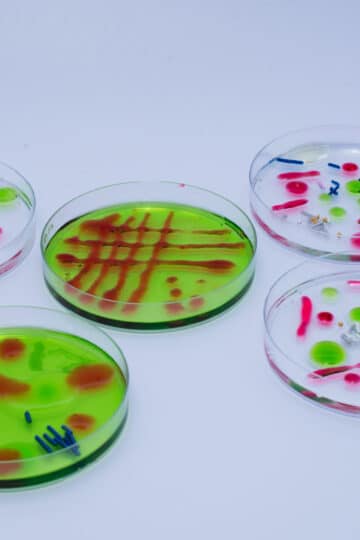
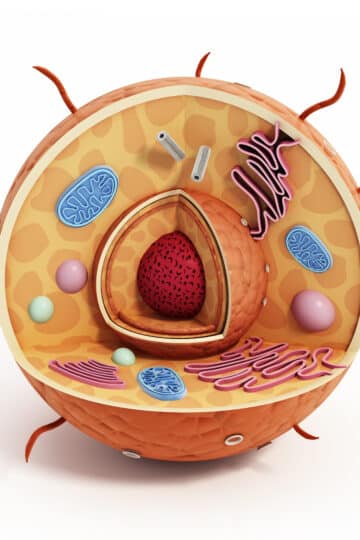
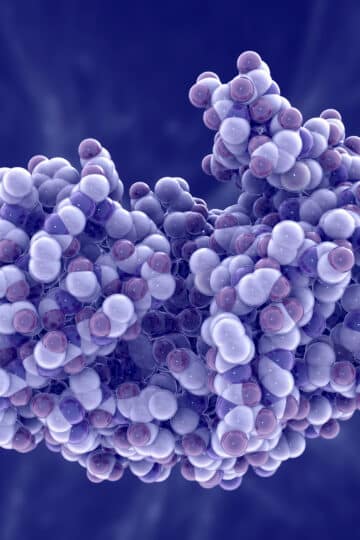
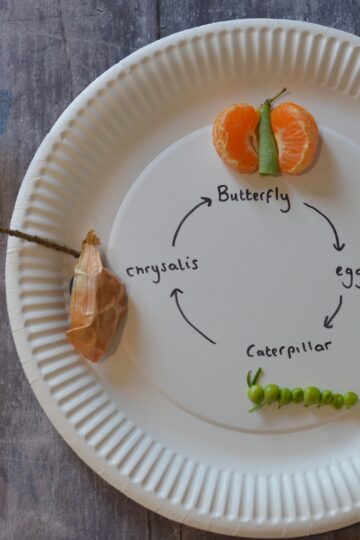
Pinkoddy says
What a great experiment. Think the boys would love this but can't see my husband liking growing germs on his window sill. May try this as an outdoor experiment. Thank you for sharing.